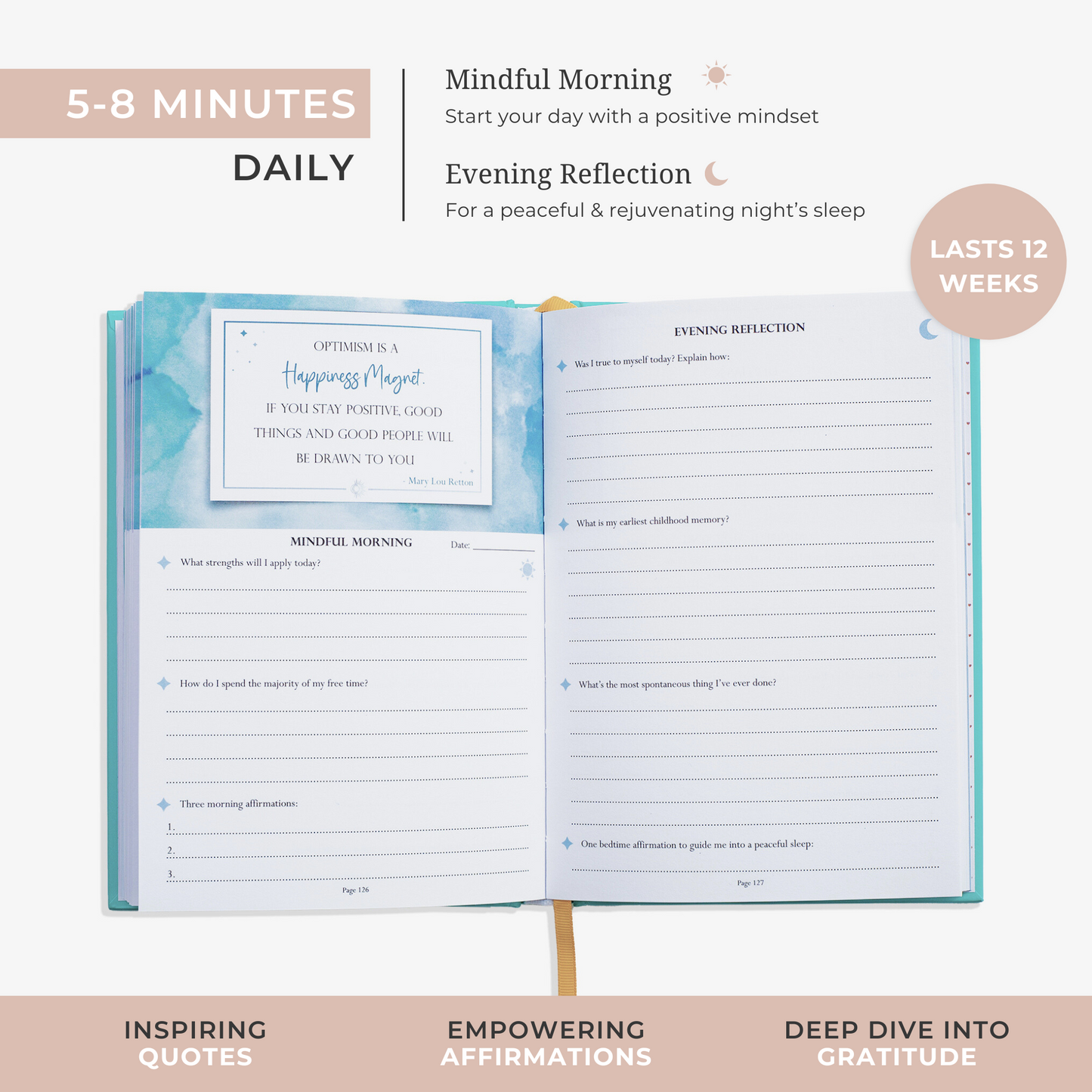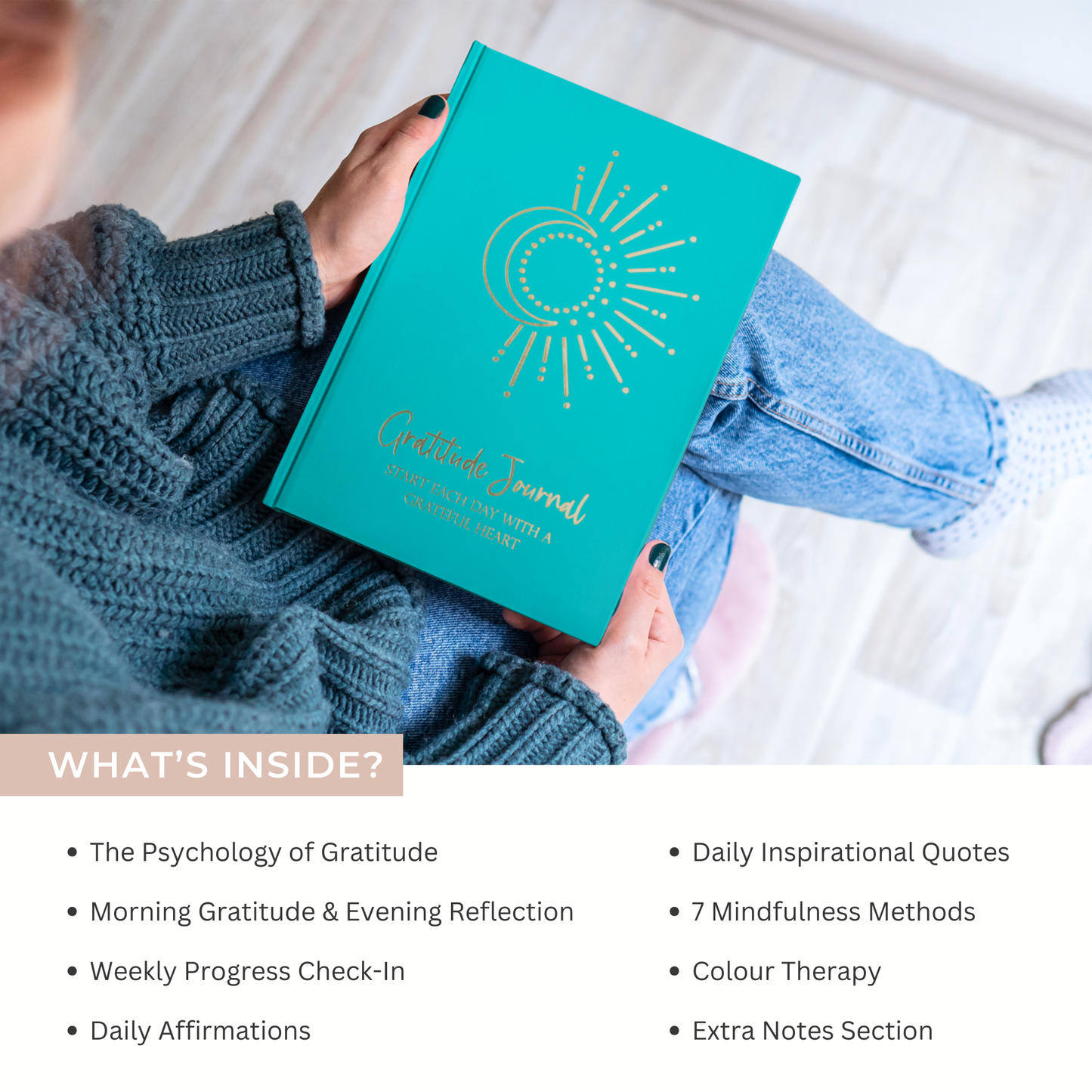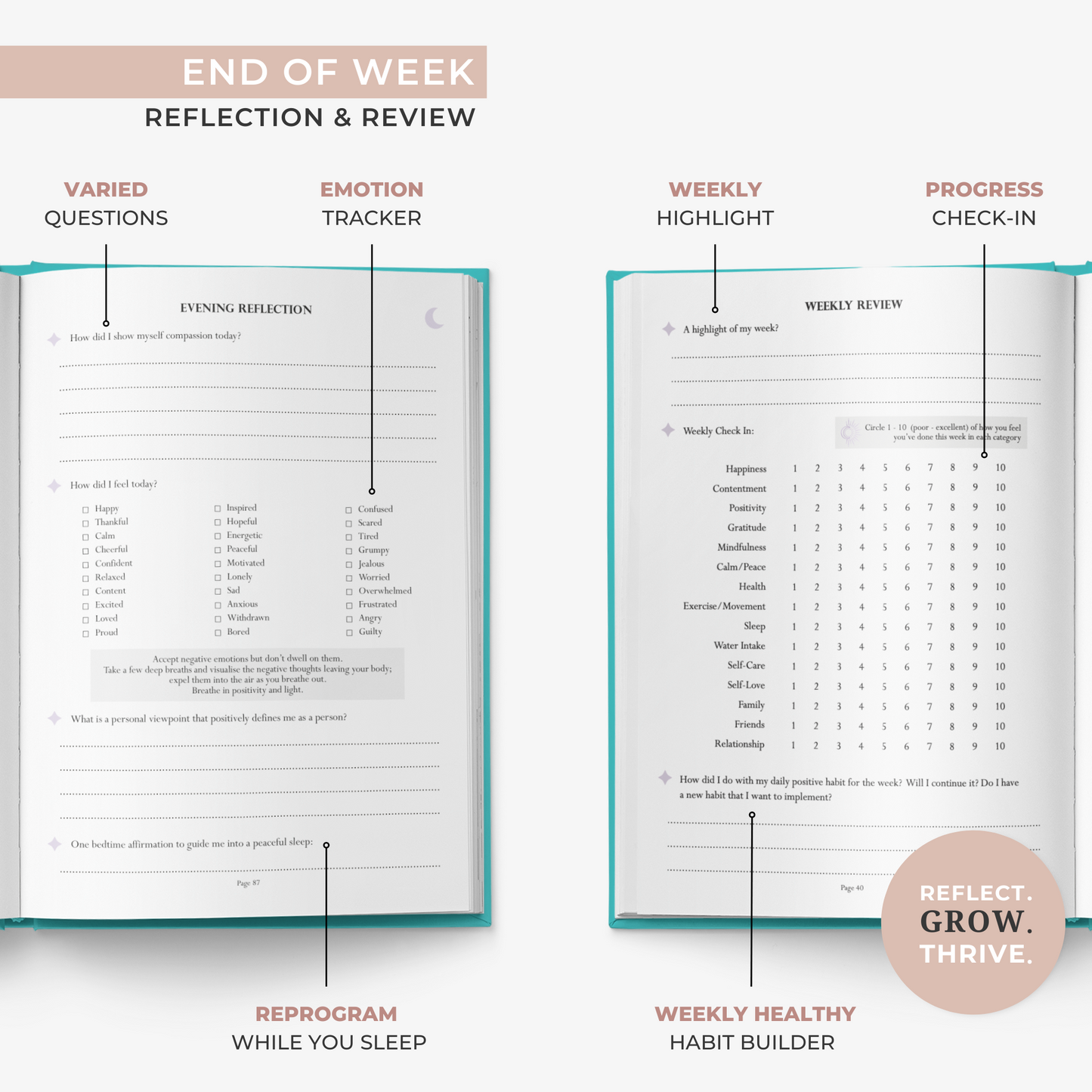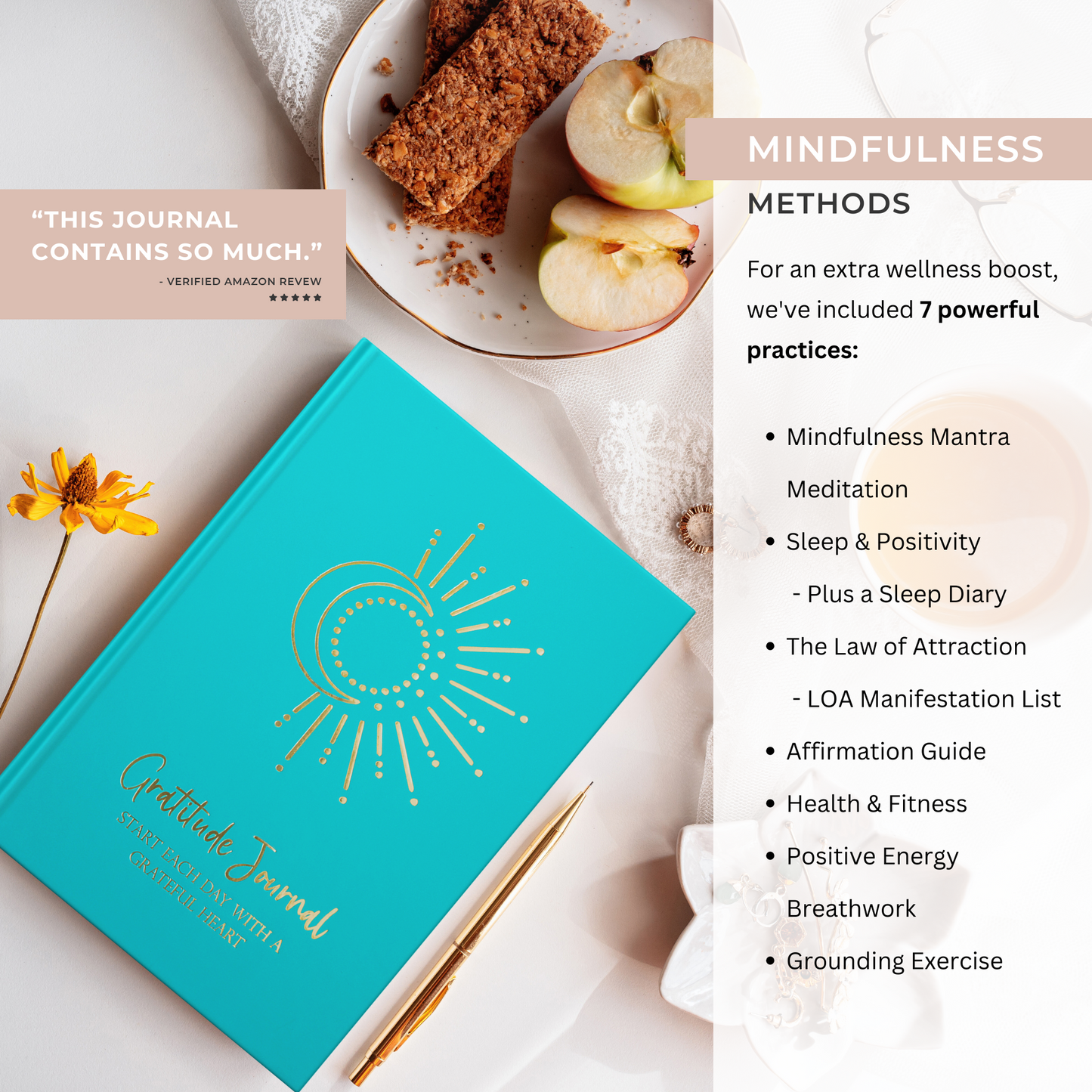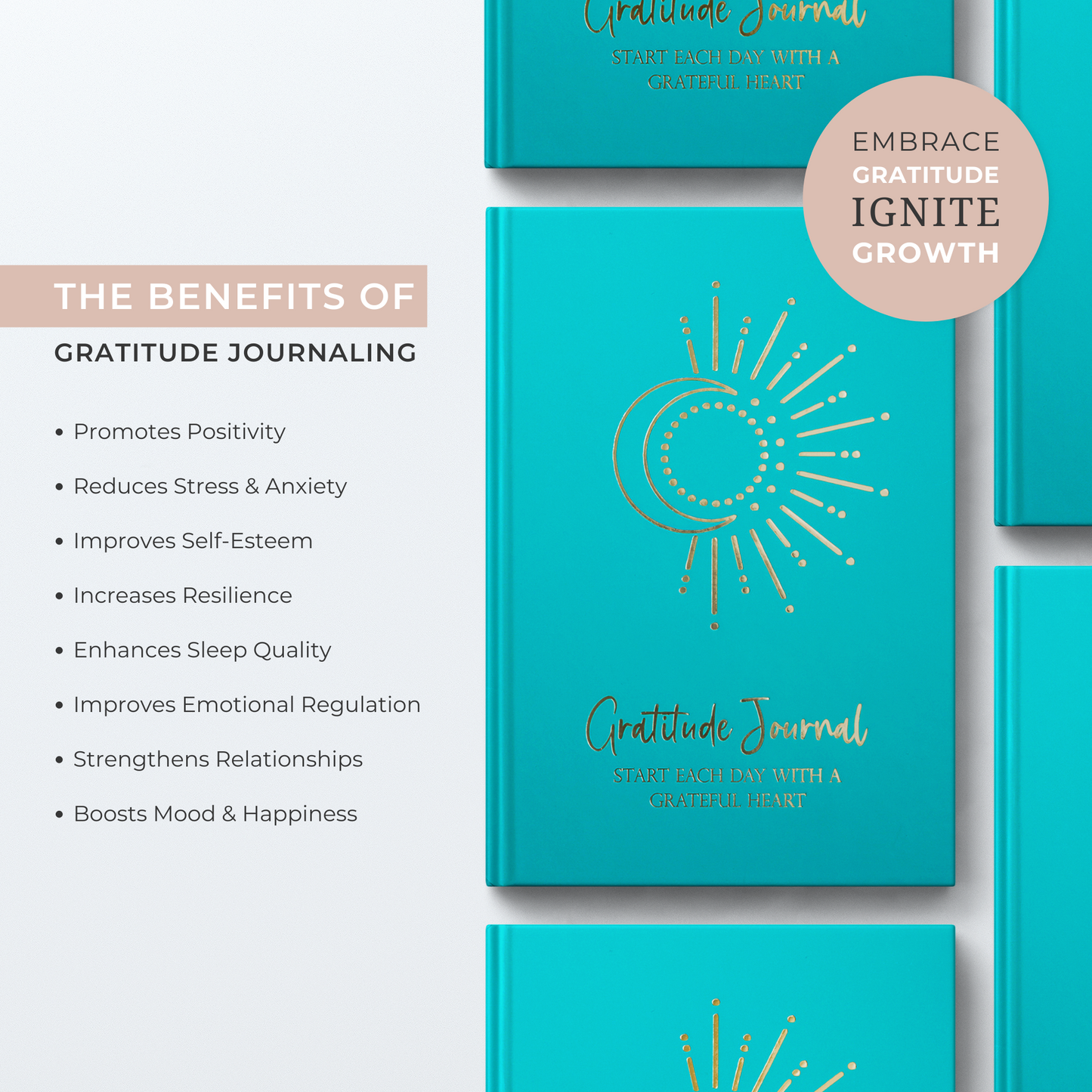How to Bounce Back When Life Says "No"
We've all been there. That awful feeling of rejection that leaves you crushed, deflated, and at times, utterly lost. Whether it's in your career or personal life, being told "no" can leave you feeling like a failure. If I asked a room full of people whether they have ever experienced this feeling, there would undoubtedly be a sea of hands in the air. It's something we all have to deal with, but some people learn to cope better than others.
As a former musical theatre performer, being told "no" time and again was my reality for years. Audition after audition, I would put myself out there, only to hear, "No, not this time." Rejection wasn't just part of the job; for a long time, it was the job. When I was a young graduate new on the audition scene, I’d cry with disappointment every time I didn’t land my dream role (every role was my dream role back then!). I soon realised that if I didn’t learn how to build resilience quickly, I was going to crumble under the weight of every “no.”
With time, I discovered that resilience is more than just bouncing back; it’s about learning, growing, and moving forward, no matter the setbacks. It was after I realised this that I started seeing success because I didn't let the failures define me or diminish my confidence. I walked into each audition with self-belief, knowing that whatever the outcome, I was going to be okay. And the good news? You can develop resilience too, and it will serve you in every part of your life.
Why Resilience Matters
Resilience is often thought of as the ability to "bounce back" from challenges or adversity, but it’s more than that. It’s about adapting, thriving, and maintaining your well-being even when life throws you curveballs. Whether you're facing professional setbacks, personal difficulties, or just the general stress of life, resilience can help you navigate it all.
How can resilience benefit you in different areas of life?
Personal Growth: Resilience helps you keep going when you’re met with failures or frustrations, allowing you to turn challenges into learning opportunities.
Mental Health: It plays a key role in protecting against anxiety, depression, and burnout. When life gets tough, resilient people are less likely to be overwhelmed by stress.
Relationships: Building resilience enables you to handle conflict and maintain healthy connections, even during difficult times.
Career: In professional settings, resilience means you don’t give up when faced with setbacks. Instead, you persevere and become more creative in solving problems.
Psychological Theories of Resilience
You may be asking, if resilience isn’t something you’re born with, how on earth do you build it? Don’t fret; it's totally possible. Several psychological theories explain the mechanisms behind resilience. The Transactional Model of Stress and Coping by Lazarus and Folkman (1984) suggests that resilience involves a dynamic process where individuals assess stressors and use coping strategies to manage them effectively. This model highlights that resilience is not a fixed trait but rather a set of skills and resources that can be developed over time. Additionally, Positive Psychology, pioneered by Martin Seligman, emphasises strengths, virtues, and factors that contribute to human flourishing. It encourages individuals to cultivate a positive mindset, which is crucial for resilience.
These theories suggest that developing tools and resources can improve your resilience, leading you to effectively navigate life’s challenges. For instance, by utilising the Transactional Model of Stress and Coping, you can assess your stressors more effectively and develop tailored coping strategies that suit your unique situation. This might include problem-solving techniques or emotional regulation strategies that help you manage stress more constructively.
Moreover, incorporating principles from Positive Psychology can encourage a more optimistic outlook on life. Emphasising strengths, gratitude, and positive experiences encourages a mindset that not only helps you bounce back from adversity but also enhances your overall well-being. Engaging in practices like journaling your achievements or reflecting on what you are grateful for can significantly shift your perspective.
Research supports these ideas, highlighting that resilience can be cultivated through intentional practices such as mindfulness, social connection, and goal-setting. For example, studies have shown that people who practise mindfulness report greater resilience and lower levels of anxiety and depression (Keng et al., 2011). Similarly, having a strong support network is linked to better coping mechanisms and improved mental health outcomes (Taylor et al., 2004).
In summary, resilience is not an innate quality; it is a skill set that can be nurtured through psychological understanding and practical application. By embracing these theories and putting their principles into action, you can enhance your resilience and thrive, even in the face of adversity.
Tips to Build Resilience
So, back to the question: if resilience isn’t something you’re born with, how do you cultivate it? It begins with small, intentional steps that you can weave into your daily life. Let’s break it down:
1. Cultivate Self-Compassion
Life can be challenging, but there's no need to make it harder by being critical of yourself. When faced with setbacks, practise self-compassion. Acknowledge your feelings without judgment, reminding yourself that everyone experiences difficulties. The key is to treat yourself as kindly as you would treat a friend going through a tough time. Self-compassion is vital to resilience because it provides the emotional safety net needed to keep persevering
2. Reframe Setbacks as Opportunities
Each "no" or setback is a chance to learn and grow. Instead of viewing failure as a dead end, see it as feedback. What lessons can you take from the experience? How can you adjust your approach for the next time? Resilient individuals focus on the future rather than dwelling on past mistakes.
3. Build a Support Network
Resilience doesn’t mean you have to face challenges alone. In fact, strong relationships are a crucial factor in developing resilience. Surround yourself with people who uplift you and offer support during tough times. These connections can provide valuable perspective and help you realise that challenges aren't as insurmountable as they may appear.
4. Practice Mindfulness
Mindfulness involves staying grounded in the present moment. When life becomes overwhelming, take a moment to focus on your breath, your surroundings, or your body. This practice can help reduce stress and enable you to approach challenges with a calm and clear mind.
5. Set Realistic Goals
Break down large, intimidating goals into smaller, manageable steps. Resilient individuals tackle challenges one step at a time, recognising that progress—no matter how small—is still progress.
6. Stay Physically Healthy
Exercise, nutrition, and sleep are often overlooked but are vital components of resilience. When your body is well-nourished and rested, you’re better equipped to handle stress. Regular physical activity also releases endorphins, which can boost your mood and alleviate stress.
Embrace the Journey
Building resilience takes time, and it’s a journey, not a destination. Just as I learned to face rejection with grace and grit (most of the time — I am human after all!), you too can strengthen your resilience muscles by embracing challenges as part of the process. Start small, be kind to yourself, and remember that resilience is your greatest tool for weathering life’s storms.
You don’t have to be perfect or fearless to be resilient; you just need to keep showing up, day after day, with the belief that you can overcome whatever comes your way.
Let’s work on building that resilience together. You’re stronger than you know!
References
- Lazarus, R. S., & Folkman, S. (1984). Stress, Appraisal, and Coping. New York: Springer Publishing Company.
- Seligman, M. E. P. (2011). Flourish: A Visionary New Understanding of Happiness and Well-Being. Free Press.
- Seligman, M. E. P., Steen, T. A., Park, N., & Peterson, C. (2005). Positive Psychology Progress: Empirical Validation of Interventions. American Psychologist, 60(5), 410–421. https://doi.org/10.1037/0003-066X.60.5.410
- Keng, S. L., Smoski, M. J., & Robins, C. J. (2011). Effects of mindfulness on psychological health: A review of empirical studies. Clinical Psychology Review, 31(6), 1041-1056. https://doi.org/10.1016/j.cpr.2011.04.006
- Taylor, S. E., Klein, L. C., & Lewis, B. P. (2000). Biobehavioral Responses to Stress in Females: Tend-and-Befriend, Not Fight-or-Flight. Psychological Review, 107(3), 411-429. https://doi.org/10.1037/0033-295X.107.3.411







